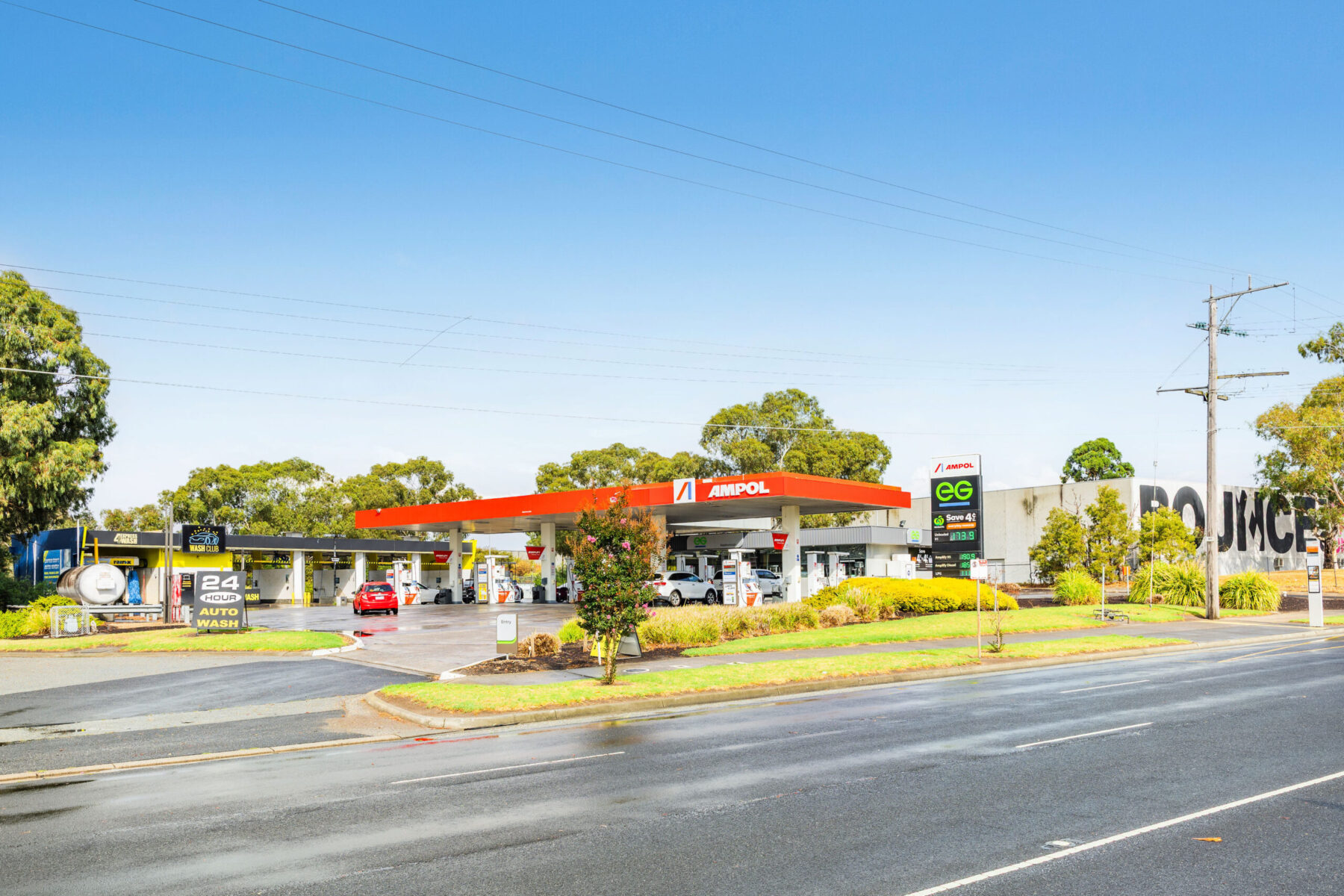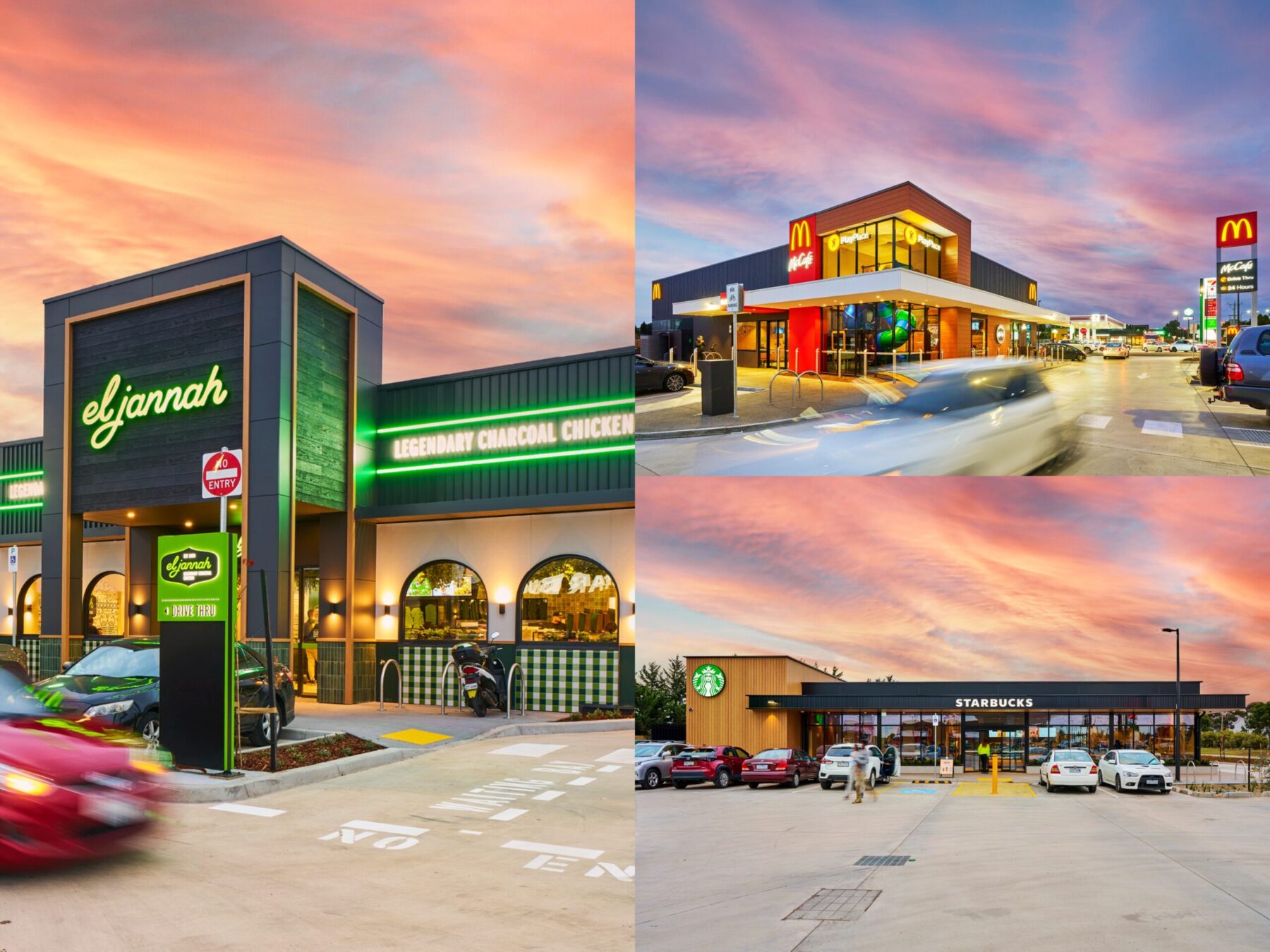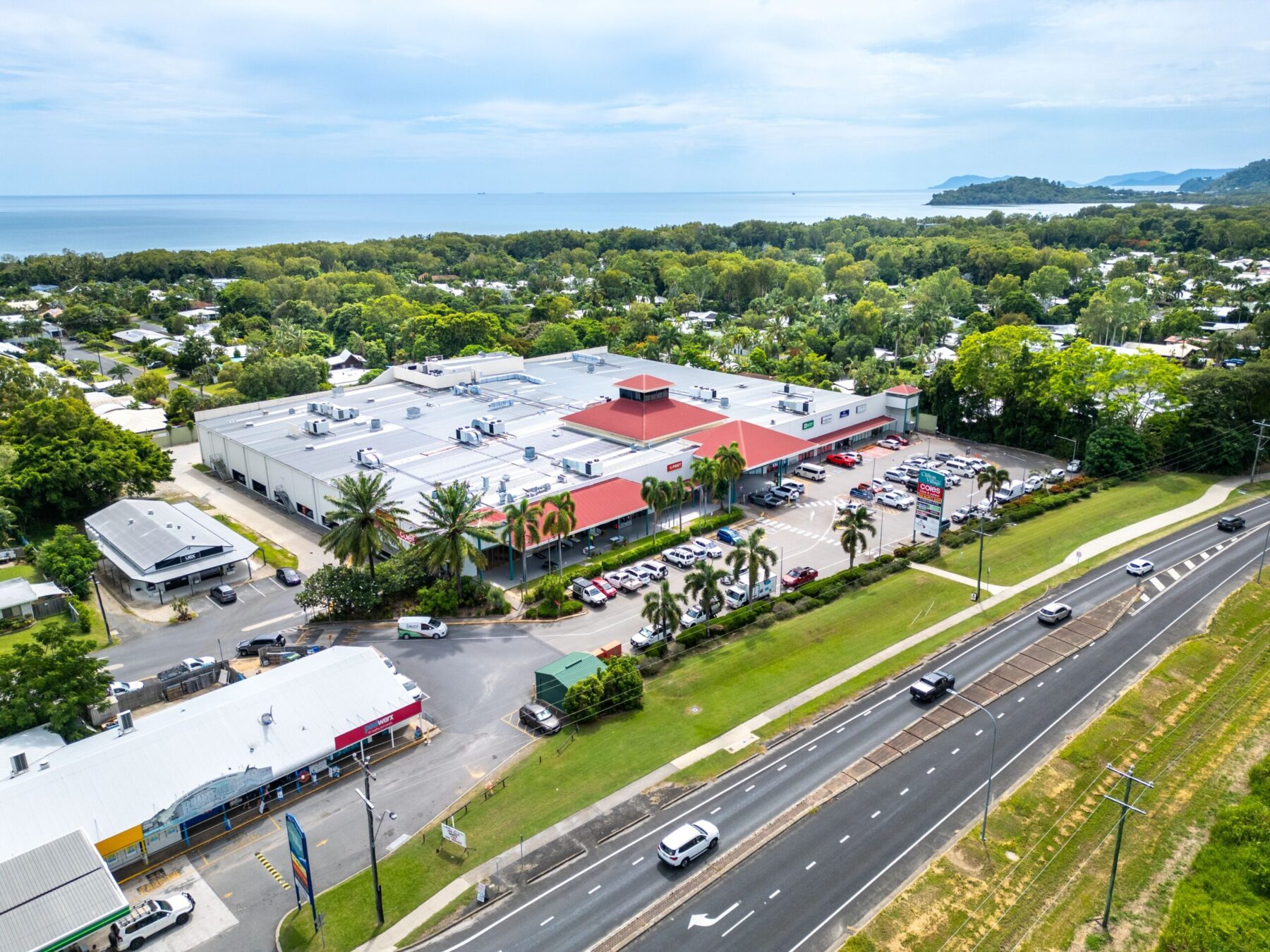Vicinity Centres announced its results for the 12 months to 30 June 2020, with a statutory net loss after tax of $1,801.0 million (FY19: $346.1 million statutory net profit after tax). This is comprised primarily of FFO of $520.3 million, down from $689.3 million in FY19, offset by a property valuation loss of $1,717.9 million (FY19: $237.1 million) and an impairment of goodwill of $427.0 million. FY20 FFO was impacted by the effects of COVID-19, which included anticipated rental waivers to be provided to tenants, partly offset by cost saving initiatives implemented as part of Vicinity’s response to COVID-19.
Distribution per security was 7.7 cents for FY20, compared to 15.9 cents in the prior year. The Board determined that no distribution would be paid for the six months to 30 June 2020 due to the uncertain impacts of COVID-19.
Mr Grant Kelley, CEO and Managing Director, said: “FY20 was an extraordinary year. In the first half, we achieved solid financial and operating performance and continued to strengthen the quality of the portfolio. The majority of the second half was significantly impacted by the effects of COVID-19 on our business and our industry.”
Highlights
• Solid first half operational and financial performance, second half materially impacted by COVID-19 – FY20 statutory net loss after tax of $1,801.0 million (FY19: statutory net profit after tax of $346.1 million) – FY20 Funds from operations (FFO)1 of $520.3 million (FY19: $689.3 million) or 13.7 cents per security (FY19: 18.0 cents)
• Ongoing delivery on strategy, enhancing portfolio quality and advancing mixed-use development planning
• Fortified balance sheet through $1.2 billion institutional placement (Placement) in June 2020 and securities purchase plan (SPP) raising $32.6 million in July 2020 (together ‘Equity Raising’) – Available liquidity of $2.1 billion – Low gearing of 25.5%
• Proactive COVID-19 response, with health, safety and wellbeing the highest priority
• Centre visitation increases quickly as COVID-19 restrictions have eased
• Financial and operational performance likely to continue to be impacted by second wave in Victoria, delays in recovery of tourism and workers returning to CBD offices, and other economic and social effects of COVID-19
• Vicinity cannot presently provide FY21 earnings and distribution guidance as it would not be reliable in the current uncertain circumstances
Mr Kelley said: “Property remains one of the few industries that is providing waivers, not only deferrals, of rent to impacted businesses, notwithstanding legal obligations under leases. We have been negotiating in good faith with both our SME2 and non-SME retailers who have been impacted by COVID-19 to ‘share the burden’ and support them through these difficult times while balancing the need to secure future cash flows for Vicinity.”
Of the short-term lease variations agreed to date, 86% of the rent relief has been in the form of waivers and 14% deferrals. Where lease extensions have been agreed as part of negotiations, leases have been extended by 17 months on average.
Vicinity’s 60 directly-owned retail properties were all independently valued at 30 June 2020. This resulted in a net valuation decline of 11.4% 3 for the six months to 30 June 2020. This primarily reflects the impact of COVID-19, including increased allowances for vacancy, downtime and leasing capital, and lower expectations for sales and market rental growth. The Flagship portfolio, including Chadstone, Premium CBD assets and DFOs, recorded a 9.1% net valuation decline3 . The portfolio weighted average capitalisation rate softened 21 basis points over the second half to 5.47%.
Vicinity has made prudent financial decisions in response to the uncertainty caused by COVID-19, including:
• Reducing corporate overheads including the temporary stand down of team members on a full or partial basis, cancelling the FY20 Short Term Incentive award, and reducing Directors’ fees and Executive Committee salaries by 20% for three months
• Negotiating $950 million of new or extended bank debt facilities to increase liquidity
• Reducing or deferring non-critical operational and capital expenditure
• Cancelling the June 2020 distribution payment, and
• Fortifying its balance sheet in June 2020 by undertaking the Equity Raising.
Mr Kelley said: “Our balance sheet is strong. We have deferred non-critical expenditure and reviewed the development pipeline. The $1.2 billion Equity Raising and our new and extended bank facilities have provided us with $2.1 billion of liquidity. Gearing of 25.5% is at the lower end of our 25% to 35% target range, we have well-diversified funding sources, and have retained our strong investment-grade credit ratings of A/stable (Standard & Poor’s) and A2/negative (Moody’s). These factors mean we are well placed to respond in FY21 as economic conditions evolve.”
Mr Kelley said: “We continued to enhance our portfolio during the first half of FY20 by divesting three noncore assets for a 0.4% discount to their combined book values; adding to our leading DFO portfolio with the acquisition of a 50% interest in Uni Hill Factory Outlets; and completing development projects at The Glen, Roselands and opening Vicinity’s first hotel at Chadstone.
On Vicinity’s development pipeline, Mr Kelley added: “We have re-prioritised our extensive development pipeline to preserve cash flow until economic conditions improve. This has resulted in the deferral of some projects, including the major redevelopment of Chatswood Chase Sydney. However, we are continuing to progress other opportunities without large near-term financial commitment, including the planning of major mixed-use developments.”
The final stage of the major redevelopment of The Glen completed in October 2019. The construction of three luxury residential towers on-site by Golden Age Group is largely complete and settlement with purchasers is on track for December 2020. This third-party development includes the addition of more than 500 new residences that will contribute to future retail sales growth within the centre. Learnings from this integration of residential and retail uses will be used to progress other mixed-use opportunities across our portfolio.
In May 2020, Vicinity announced its 10-year vision for a 5.5 hectare site in the heart of Box Hill, which could realise up to 260,000 sqm of mixed-use additions, including a new town centre, 25-level office tower and 48-level residential tower. As Victoria’s fastest-growing Metropolitan Activity Centre outside the CBD and with nearby health and education facilities, the site is prime for mixed-use development.
Joint owners Vicinity and Challenger released plans in July 2020 for the 11 hectare Bankstown Central site in Bankstown’s CBD. The master plan takes advantage of the major bus interchange, future T3 metro station and the University of Western Sydney’s new campus, and will realise up to 330,000 sqm of mixed-use space across 16 development sites to be developed on a demand-led basis.
During the year, Vicinity installed solar panels across eight projects taking the total installations to 25.2 MW of power. Across its managed portfolio, Vicinity pursued continued improvements in environmental efficiency, achieving a 12% reduction in energy intensity and 17% carbon intensity from the previous year , with a 49% recycling rate.
Mr Kelley said: “We remain committed to our strategy of market-leading destinations, which we believe will continue to deliver returns for investors over the medium to long term, and offer an attractive platform for our retailers and our consumers.”
Vicinity is not in a position at present to provide earnings and distribution guidance for FY21 as it would not be reliable in the current uncertain circumstances. Vicinity will continue to monitor trading conditions and will provide further updates as appropriate.



